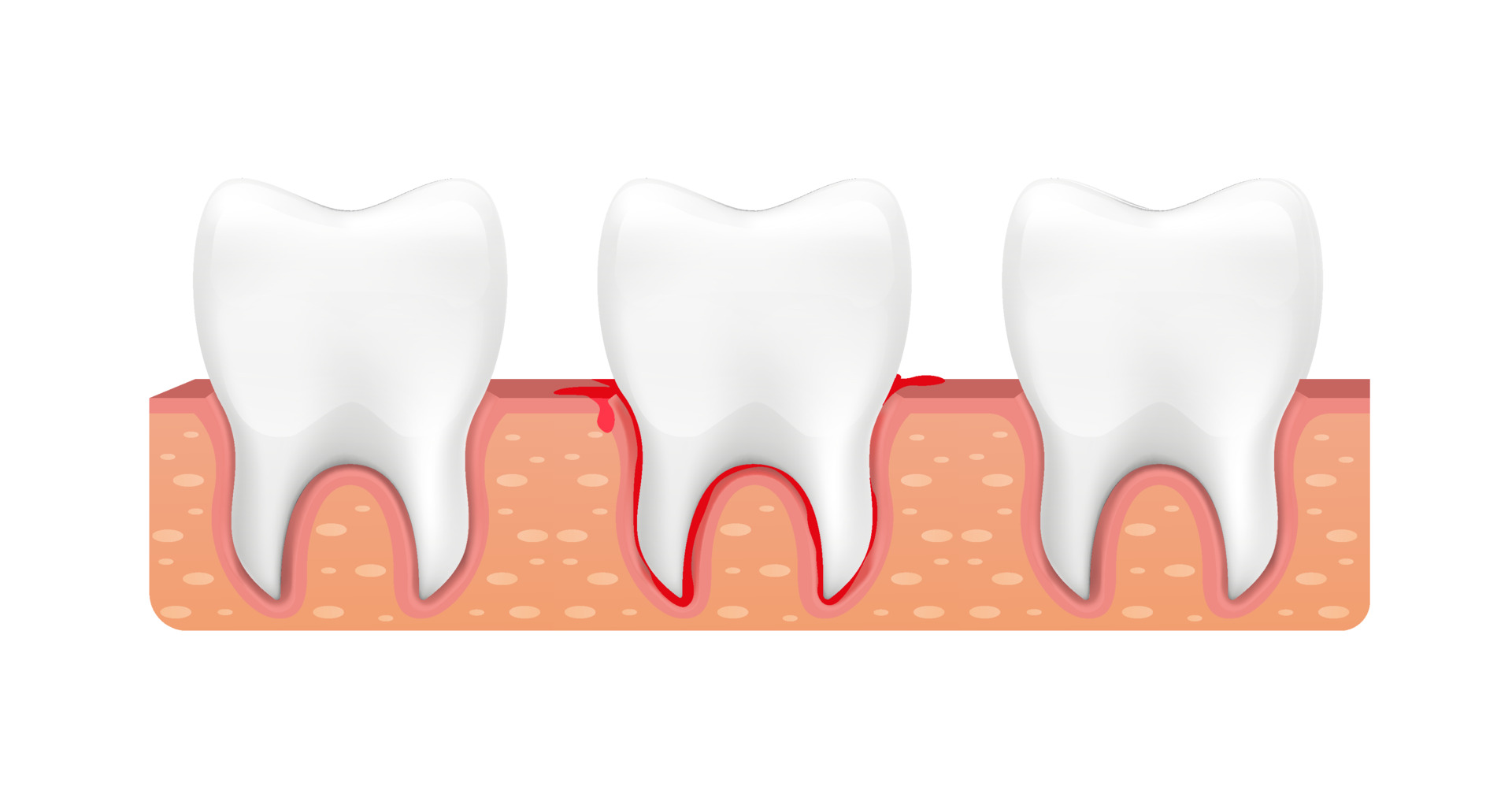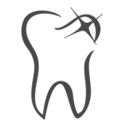
VISITING HOURS:
Week Days - 9 am to 8 pmSundays - Only Emergency Cases
How To Treat Bleeding Gums?
Do you experience bleeding gums when you brush or floss them? Poor oral hygiene, gum disease, and even some medications can all contribute to this prevalent dental issue. Although bleeding gums may appear to be a minor problem at first, they can progress to more significant issues if left untreated. But don’t fret; there are some remedies for treating and avoiding bleeding gums. In this article, we’ll go through the causes of bleeding gums, some successful remedies, how to treat bleeding gums prevention, and the importance of consulting a dentist.
What Causes Bleeding Gums?
Gum bleeding can be caused by a number of different things. Plaque and bacteria on your teeth and gums are a significant cause of bleeding gums, and poor oral hygiene is also a common contributor. Hormonal imbalances occur during pregnancy, and menopause can also cause gums to bleed. You may also be more likely to experience gum bleeding if you take certain medications, such as blood thinners. Toothbrushes with too-hard bristles or poor brushing practices are also potential causes of gum disease. Deficiencies in vitamins like C and K, which play a major role in gum health, will also contribute to bleeding gums. Your gums may also bleed due to the incorrect fitting of dental equipment such as dentures, braces, and so on. There some health conditions also contribute such as diabetes, leukemia, and autoimmune diseases for this condition.
Read to know: How To Deal With Dental Plaque Formation?
Home Remedies to Treat Bleeding Gums
It might confuse you about how to treat bleeding gums or whether you should take it as a serious case or not. Bleeding gums can indicate gum disease, and you should promptly treat them to prevent further damage. You should see your dentist before your symptoms worsen. Even though there are several home remedies that you can try to help treat bleeding gums.
Maintaining good oral hygiene is essential in the treatment of bleeding gums. Brush your teeth twice a day and floss once a day. Rinse with salt water or hydrogen peroxide solutions, which have antibacterial qualities and may relieve irritation.
Herbs such as sage, chamomile, and echinacea are known for their anti-inflammatory properties, which make them great natural remedies for bleeding gums. Infuse these herbs in hot water to create a tea that can be used as a mouthwash or applied directly to the affected area by using cotton balls.
Another effective remedy is oil pulling, which involves swishing oil (such as coconut or sesame oil) around your mouth for several minutes before spitting it out. This helps remove bacteria from your mouth, which contributes to gum disease.
In addition, consuming foods rich in vitamin C, such as citrus fruits and leafy greens, may help maintain healthy gum tissue by promoting collagen production. While these home remedies may provide temporary relief, it’s important to note that professional dental care is necessary for the long-term treatment of bleeding gums.
Treatment and Prevention
Maintaining healthy gums is essential for a full set of teeth. Treating and preventing bleeding gums is critical for overall oral health; try the following:
1 . Maintain a Regular Dental Care Routine: Plaque accumulation, which can irritate the gums, can be removed by twice-daily brushing and once-daily flossing.
2. Use an Antibacterial Mouthwash: Germs cause gum disease, and you can eliminate them with an antiseptic mouthwash.
3. Eat A Well-Balanced Diet: Vitamin C-rich meals, such as citrus fruits and green leafy vegetables, can help boost your immune system and reduce gum inflammation.
4. Stop Smoking: Quitting smoking is crucial for maintaining healthy gums since it reduces the risk of getting gum disease.
5. Routinely Visit The Dentist: Early indications of gum disease can be detected at routine dental checkups and treated before they progress. There are certain medications and health conditions that can cause bleeding gums. Maintaining a healthy mouth free from bleeding gums is possible with consistent home dental care and biannual trips to the dentist.
6. Avoid Rough Brushing: Brushing too hard or with a toothbrush with hard bristles could irritate the gums and increase bleeding. Brush your teeth carefully in a circular motion to efficiently clean them without inflicting additional harm to the gums.
Read to know: How does Smoking Affect Your Teeth?
Conclusion
Taking care of our gums is important for maintaining good oral health. Bleeding gums are a sign that something is wrong, and addressing the problem as soon as possible is essential. This blog post has provided some remedies that can help you understand how to treat bleeding gums. However, if your bleeding gum persists even after trying these remedies or you experience severe pain or other symptoms like loose teeth, pus discharge from the gum line, bad breath, or swollen lymph nodes in the neck, it’s time to see a dentist.
A dentist can diagnose the root cause of your bleeding gums and provide appropriate treatment options based on your needs. Remember that taking care of our oral hygiene should be an ongoing process. Brushing twice a day with fluoride toothpaste, followed by flossing daily, can go a long way in preventing gum disease and keeping our teeth and gums healthy.
Read Similar: Best 9 Practices For Healthy Teeth and Gums
OUR
TREATMENTS
TREATMENTS








